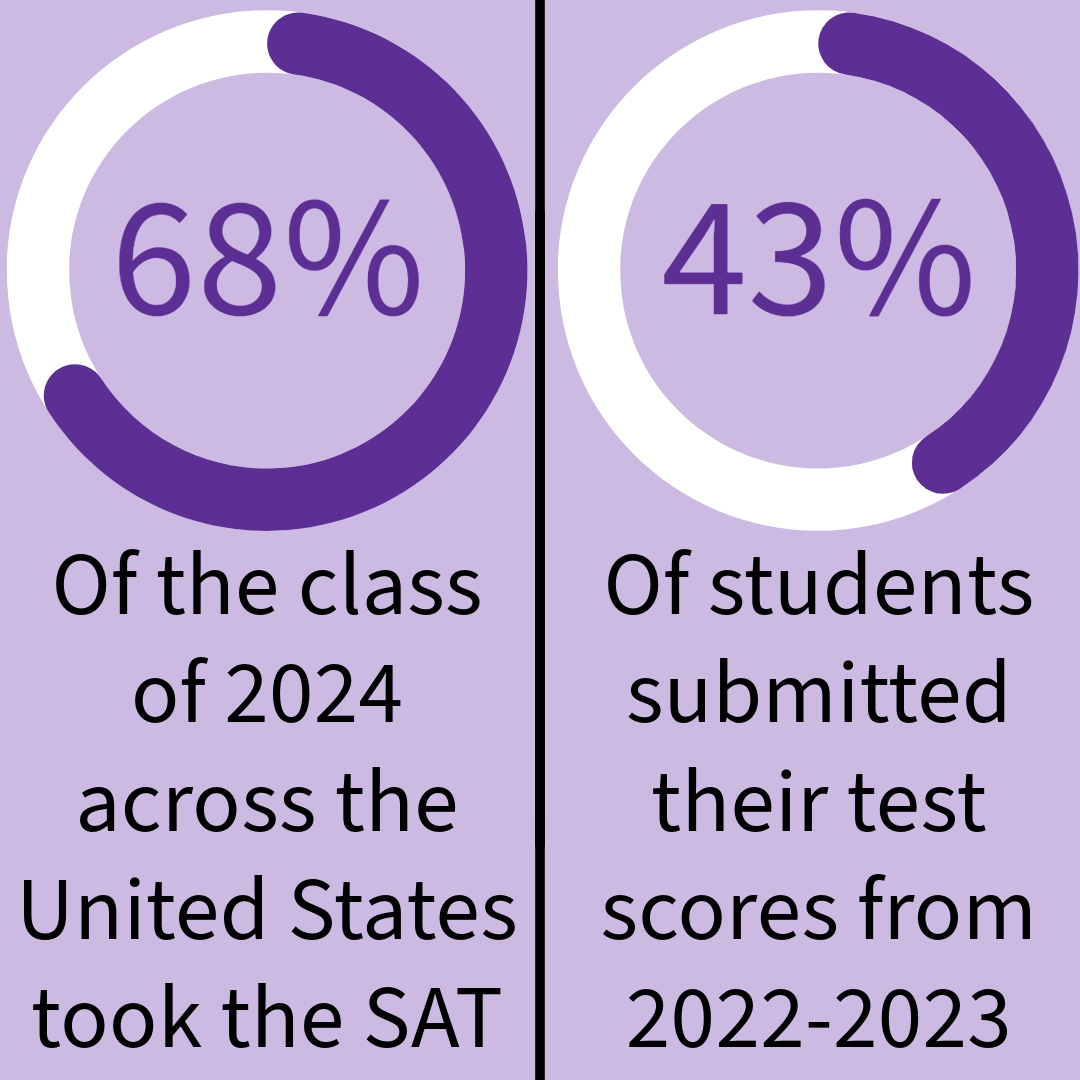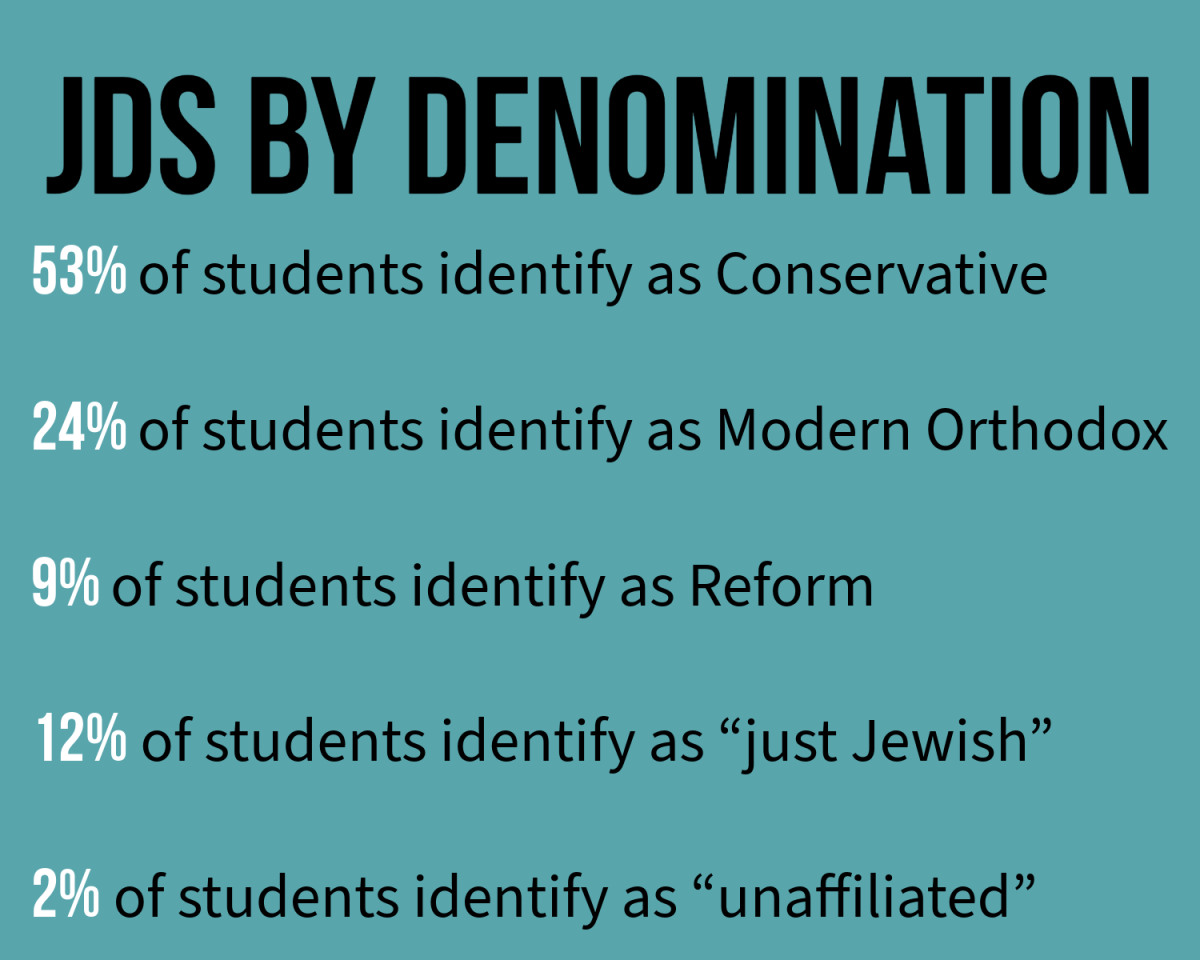Categories:
Putting it to the test
Are standardized assessments effective in gauging abilities of students when applying to college?
May 5, 2025

About the Contributors

Eliana Wolf, Editor-In-Chief
Eliana is beyond ecstatic to continue her work on The Lion’s Tale as Editor-In-Chief. She loves working with all of the fabulous staff members and particularly loves coming together on production nights. Aside from editing, writing and designing articles and spreads, one may find Eliana playing tennis, catching some balls on first base, cooking up some weird concoction in her kitchen or blasting Omer Adam in the car with her sisters. She can not wait for all the exciting moments on The Lion’s Tale this year.
Fun Fact: She has really cool pants.

Vivi Ducker, Editor-In-Chief
Vivi is thrilled to be Editor-In-Chief of The Lion’s Tale! She loves design and editing and looks forward to spending time with the amazing staff at meetings, productions, and other Lion’s Tale events. Outside of Lion’s Tale, Vivi is on the dance team, she runs a non-profit organization called SchoolPens that donates school supplies to schools in developing countries and is in the National High School Microfinance Coalition. Vivi cannot wait for the next year of The Lion’s Tale.
Fun Fact: She has been to 50 countries.

Lindsey Shapiro, Opinion Editor
Lindsey is overjoyed to continue on The Lion’s Tale as an Opinion Editor this year. She can’t wait to capture the unique opinions of students. Outside of The Lion’s Tale, Lindsey is a member of Shir Madness, is a part of the Melting Pot and Loa Ha’ari staff and is an active member of BBYO. She is so excited to collaborate with the other editors and help to create an amazing newspaper.
Fun Fact: She is terrified of fish.








